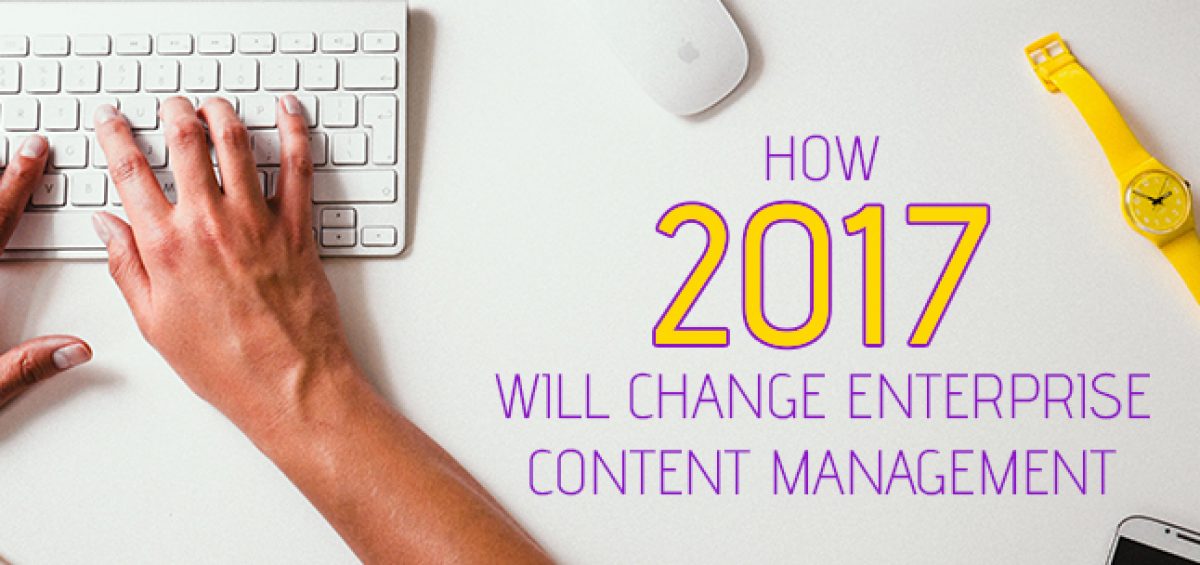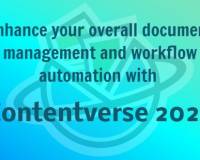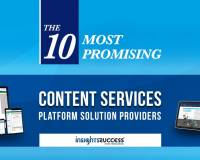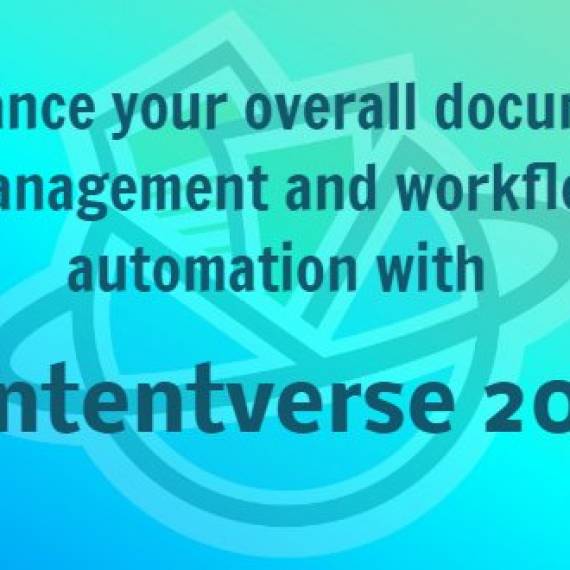Will January 1 (or whenever you return to work), 2017 really be that different than your last in-office day of 2016? Probably not. Will November 30, 2017 look a little bit different than the end of 2016? That’s potentially more true. For sure, concepts like AI are coming — you can argue the most recent U.S. Presidential election was in some ways about fear around jobs — but AI is probably still a long way off from “being at scale.” Augmented reality, or AR, is here — Apple is testing new AR glasses, for example, and probably the most popular game of 2016 on mobile (Pokemon Go) was rooted in augmented reality concepts. Snapchat, arguably the most popular social media platform of the moment, just introduced augmented reality lenses.
Some of these concepts are starting to emerge, but will they wholly impact most workers in 2017? Probably not. Many jobs will remain essentially similar with varying degrees of technological adoption — because remember, people do fear change. Any of these technologically-driven shifts represent fundamental changes from how we do business now, and that impacts people dramatically. That always needs to be kept in mind. Still, there are some areas you’ll see more and more shifts around.
Paper is dying out


This is theoretically good for the environment, too! You’ll see more and more companies go paperless. Via some surveys, about 72 percent of enterprise businesses are already shifting this way — with plans to do more in 2017. Consider one of the all-time “do it on paper” aspects of work: the to-do list. The idea is that if you write it out, it will burn it into your brain and you’ll remember it more and thus, well, hopefully do it. But even that is changing. First off, those old paper to-do lists weren’t that effective — a LinkedIn study last year showed that only 11 percent of people get through all their daily items. Secondly, we have so many more ways to organize information transparently and talk to people now. Some of the primary names that pop out are Slack, Trello, Basecamp, and Asana. Even in one of our core business models — ECM — you’re seeing more companies want to manage their content digitally. It makes more sense in terms of space, security, collaboration, and cost.
The continued rise of the cloud
You’ll see public, private, and hybrid cloud solutions continue to be implemented in 2017. Microsoft, one of the major companies of the past 30-40 years, has essentially reinvented themselves as a cloud company. Their main cloud offering, Azure, just signed a deal with Elon Musk’s OpenAI. Azure has continued to gain new features — and at the same time, Google is boosting its cloud portfolio and Amazon Cloud is racking up amazing quarterly returns almost every time out. People want quick access to real-time data. The cloud provides that, and on-site storage options do not. Business is simply shifting in this direction, and will continue to do so.
Bye bye performance review?
This is less about technology and infrastructure, and more about how we treat our employees. More and more companies — including some large, established ones — are doing away with annual performance reviews, instead trying to create cultures where managers talk more frequently to direct reports. In some big companies, the results have been a mixed bag so far. The logic is sound, however: oftentimes in a performance review, an employee will hear negatives from 3+ months ago. That same employee can grab their phone and order a car to work in about 2-3 minutes. If the economy is shifting to on-demand and mobile everywhere else, shouldn’t reviews become a little more frequent or “on-demand” themselves?
Mobile


By now, everyone understands how massive mobile is and how quickly it reached scale. You’ll continue to see companies and brands tie everyday functions to mobile — McDonald’s is rolling out mobile order and payment next year, for example, and hospitality brands like Marriott are giving travelers the power to manage their entire stay from their mobile phone. Smartphones have only been around for about a decade (or a little over) now, and they’ve become an essential part of life in all economies. Finding new ways to bake the mobile experience into work and everyday life (shopping, traveling, etc.) will continue to be a trend in 2017.
Continued focus on the customer
Customer experience has been all the rage for 3-5 years now, and it will only get more and more imperative. See, as more people yield to the Gig Economy or “solopreneur” work, that means more and more products and services will be created — oftentimes very similar to things already in existence. This creates “choice overload,” or “the paradox of choice,” for consumers. If a consumer has 30 options when trying to buy something as simple as a cup of coffee, how will they ultimately choose? A lot of it comes back to the experience. This has implications in-office as well — the priorities and tasks that employees will be asked to work on, and even how we treat employees. Remember: employees are internal customers of a company. If you treat them better (sometimes called employee engagement), it stands to reason the overall series of results for you will be better. More and more companies are (ideally) beginning to realize this.
Economic factors
This is a complicated, many-faceted issue — but it’s hard to argue that, in America at least, inequality isn’t growing. (In other words, it is growing.) Research on the firm-size wage effect has underscored this. In short, 30 years ago it was a safe bet to go work for a big company if you wanted a good salary and good perks. It is less of a safe bet now. With the transition to a new President and other global uncertainties (Brexit, etc.), the markets may shift a little bit towards saving — which could cause a small recession in some parts of the world. It’s honestly unlikely that we’ll see lots of raises or pay increases in 2017, but … we may get closer on pay transparency, which would benefit women and minorities above all.










